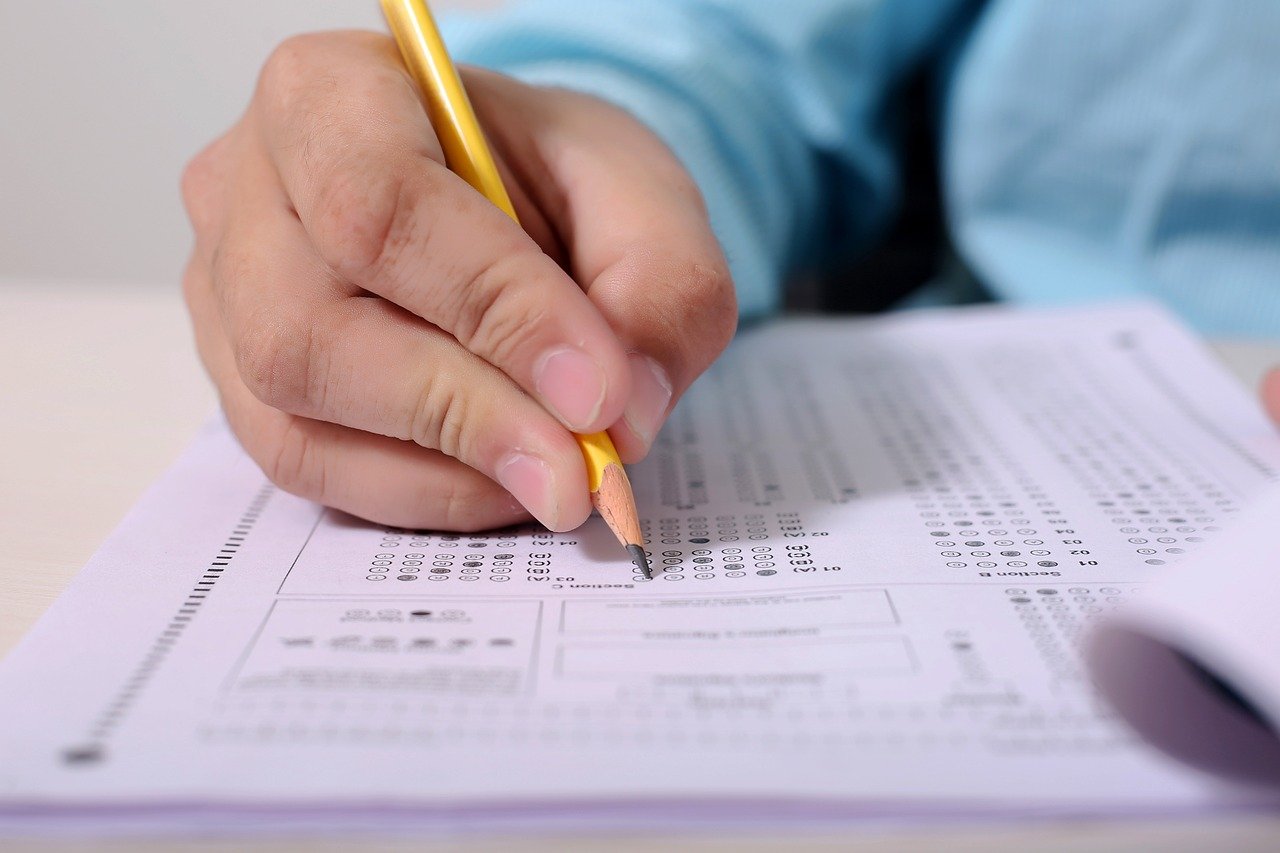Preparing for the gardien de la paix (peacekeeper) exam requires rigorous planning, as it is a multi-stage process designed to evaluate candidates on various levels, including physical, mental, and intellectual skills. In addition to understanding the traditional elements of the exam, a deep knowledge of meteorology can also play a surprising but crucial role in your success. This guide will provide essential insights to help you navigate the exam process and boost your chances of success.
Understanding the Structure of the Gardien de la Paix Exam

To succeed in the gardien de la paix exam, it’s important to familiarize yourself with the various sections. The exam typically includes written tests, physical fitness challenges, oral interviews, and psychological assessments. Each of these components requires a specific type of preparation, and it is essential to approach the process with a structured plan.
Focusing on the written tests involves studying French law, current events, and essay writing. Physical fitness, on the other hand, will test your endurance, speed, and agility. Therefore, balancing mental preparation with physical training is a key part of your strategy.
Why Meteorology Matters in Law Enforcement
An aspect often overlooked when preparing for the gardien de la paix exam is the role of meteorology. As a peacekeeper, you are required to work in all weather conditions, from heavy rains to extreme heatwaves. Understanding weather patterns, especially in emergency situations, helps law enforcement officers make more informed decisions and ensures the safety of the public and themselves.
For instance, when dealing with crowd control or an evacuation, knowing how weather conditions might affect the situation allows for better planning and execution of duties. Meteorological knowledge also becomes crucial in managing road accidents during adverse weather conditions, ensuring smooth operations during floods, snow, or strong winds. As a candidate, demonstrating your knowledge of how weather can impact peacekeeping scenarios might give you an edge during interviews or problem-solving tests.
Preparing for the Written Exam
The written portion of the exam covers a variety of subjects, including current events, government structures, and essay writing. To prepare for this, you’ll need to stay updated on both national and international news. Reading newspapers, online news portals, and official government publications can help you stay informed. Additionally, practicing essay writing on topics like public security, law enforcement protocols, and environmental factors such as meteorology can improve your skills.
Being able to communicate effectively in writing is a vital aspect of passing the written exam. Make sure to focus on clarity, structure, and argumentation. Consider incorporating real-life examples of how weather has impacted law enforcement operations to show a deeper understanding of how external factors affect the job of a peacekeeper.
Excelling in the Physical Test
The physical test is another critical part of the gardien de la paix exam. To pass this, candidates need to demonstrate excellent physical endurance and agility. This can include obstacle courses, sprinting, endurance runs, and other strength-based activities. Regular physical training should be part of your routine if you aim to excel in this section. Focusing on cardiovascular fitness, strength training, and flexibility will ensure that you are in the best shape to handle the physical challenges.
Also, consider how weather conditions might impact your performance during the physical tests. Train outdoors in varied conditions to prepare for the possibility of running or performing other physical exercises under different weather scenarios, such as rain or high humidity. This will not only build your resilience but also show your adaptability, which is a key quality for peacekeepers.
Preparing for the Oral Interview
The oral interview is where you will be assessed on your motivations for becoming a gardien de la paix, your knowledge of the police force, and your ability to handle high-pressure situations. It’s essential to present yourself as confident, articulate, and informed. This is also where your understanding of meteorology can come in handy.
Prepare to answer questions about how you would handle emergency situations during severe weather conditions. You might be asked how you would manage a public event that coincides with a weather warning or how to evacuate people during a storm. Highlighting your knowledge of meteorology during these scenarios can show that you are thinking ahead and considering all variables that could affect public safety.
The Role of Meteorology in Emergency Response
In addition to general knowledge, it is worth diving deeper into how weather can affect emergency situations. For instance, understanding how to read a weather map or knowing the patterns of a developing storm can help in strategic decision-making. This knowledge could be useful during emergency response planning, road traffic management, or search and rescue operations.
A peacekeeper must often make quick decisions, and understanding meteorological data can make all the difference in handling situations like floods, road accidents caused by slippery conditions, or crowd control during extreme heat.
Staying Organized and Focused
Organizing your study materials and setting up a study schedule is essential to succeeding in the exam. Focus on the key areas: the written test, physical exam, oral interview, and understanding the importance of meteorology in law enforcement. Using online resources such as official police preparation guides and meteorology websites can provide valuable insights and keep your preparation on track.
Staying focused throughout your preparation is crucial. Combine theoretical learning with practical application by testing your physical fitness regularly and keeping up to date with weather patterns in France. This balanced approach will help you remain adaptable and prepared for every aspect of the exam.
Conclusion
Succeeding in the gardien de la paix exam requires a comprehensive strategy that includes preparation for written and physical tests, oral interviews, and understanding the practical application of meteorology in law enforcement. Meteorology plays an often-overlooked yet significant role in police operations, making it a valuable area of knowledge to showcase during your exam.
By staying organized, maintaining focus, and balancing both mental and physical preparation, you can increase your chances of passing the exam and achieving your goal of becoming a peacekeeper.
FAQS
1. What does the peacekeeper exam include?
It covers written tests, physical challenges, oral interviews, and psychological evaluations.
2. Why is meteorology important for peacekeepers?
Understanding weather helps in planning and responding to emergencies in various conditions.
3. How do I prepare for the written exam?
Focus on current events, law, and essay writing. Stay informed about how weather affects public safety.
4. How do I train for the physical test?
Build endurance, strength, and agility. Practice in different weather conditions.
5. How does meteorology help in law enforcement?
It aids in emergency planning, risk management, and ensuring public safety in bad weather.
6. What happens in the oral interview?
You’ll discuss your motivations, handle pressure, and respond to situational questions, including weather-related challenges.
7. How long should I prepare?
Several months of physical and academic preparation are recommended.
8. Is meteorology a separate exam topic?
No, but knowledge of weather’s impact on law enforcement is advantageous.
9. Can meteorology boost my exam performance?
Yes, it shows you understand the practical aspects of the job, especially in emergency scenarios.
10. How do I balance physical and mental prep?
Create a schedule for consistent study and training, balancing both aspects.








